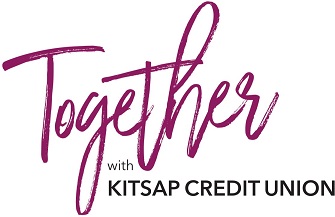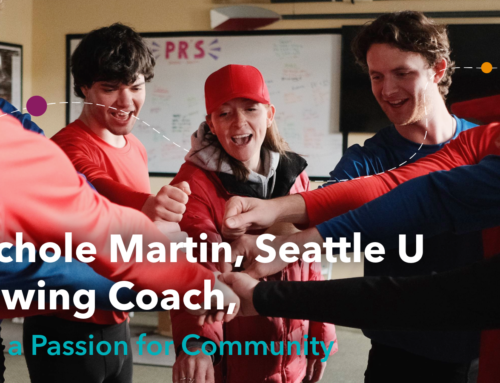If you’re looking for ways to save money, then planning a period of time where you’ll put your wallet away is a great way to achieve your goal. Whether you’re saving up for a new home or a big trip, no-spend periods will also make you more mindful of why and where you spend your hard-earned cash. It also forces you to get a little more creative with your free time. If you’re ready to tackle the challenge, here are our tips for starting a no-spend time frame.
Focus on Your Goals
It’s important to devote time to think about your goal and what you want to achieve. Besides retirement, why are you setting money aside? Outline in writing what you want to accomplish and keep it top of mind as you discipline your no-spend time. This will keep you motivated.
Layout A Plan
It’s best to schedule a no-spend period in advance. The holidays may not be an ideal time to plan it. It’s better to begin small with a single day or two, then gradually aim higher as you get the hang of it. Weekdays are often the easiest place to start, because you’re busy with work and can plan to bring food and snacks along.
Outline The Rules
No-spend days clearly don’t include crucial living expenses like rent, utilities, and groceries. The goal is to avoid non-essential expenses like restaurants and retail stores, where impulse buys are more tied to emotions rather than needs. Try setting up roadblocks to your biggest temptations. Do “sale” emails send you on an immediate shopping spree? Set up a filter that shoots them off to a subfolder you won’t regularly check.
Develop A Plan For Daily Meals
The objective is to save money, so don’t run rampant through the food store stocking up on groceries. Begin by carefully going through what’s already in your freezer and cabinets to see what you can use up first. For longer no-spend periods, put together a budget-conscious grocery list and be sure to only buy what’s on the list and avoid non-essential splurges.
Include A Plan For Entertainment
A no-spend time frame doesn’t have to be synonymous with boring. There are plenty of ways to still have fun. Take a walk, ride a bike, or pack a picnic and spend time in the park. You can stream tons of free podcasts and classes online including yoga, meditation, and other exercise sessions. Most museums have free admission days, and you can even virtually visit your local library to download books and movies.






